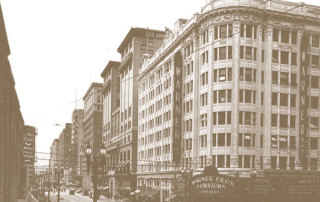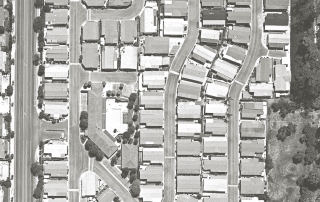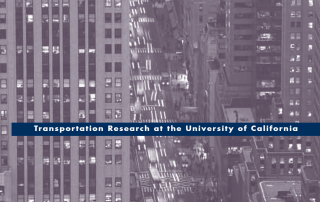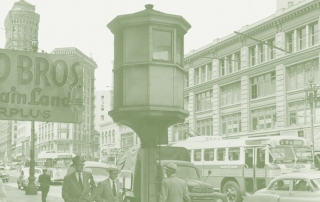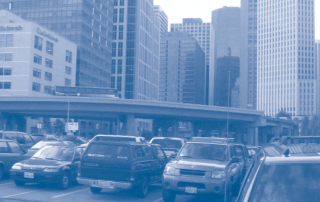Market-Priced Parking in Theory and Practice
Michael Manville and Daniel G. Chatman
One of the first lessons of economics is that price controls lead to shortages, and shortages lead to queues. Street parking vividly illustrates this principle. Many cities keep valuable street spaces free or underpriced, and as a result they fill up quickly, creating shortages at busy times. These shortages then create moving queues as drivers circle the block, or “cruise,” searching for spaces. Cruising, in turn, creates congestion and pollution.


